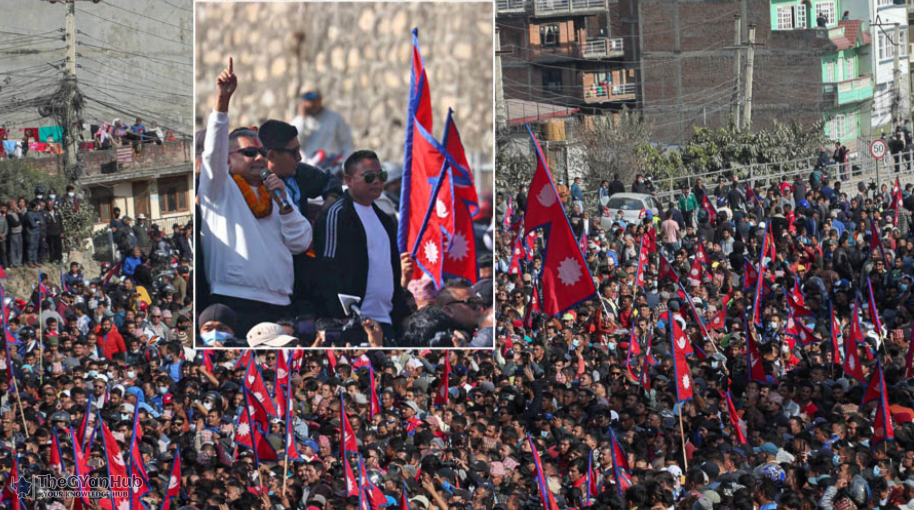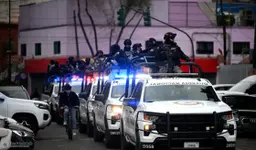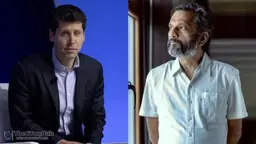I’m a passionate writer who loves exploring ideas, sharing stories, and connecting with readers through meaningful content.I’m dedicated to sharing insights and stories that make readers think, feel, and discover something new.
Introduction
Nepal is currently experiencing a wave of political unrest, marked by widespread protests led by the younger generation, popularly referred to as 'Gen-Z'. The protests have prompted the government to impose nationwide curfews and restrictive orders to maintain order. Amidst this turmoil, a significant meeting took place between the former Chief Justice and the Army Chief, sparking further discussions about the country's political future.
The 'Gen-Z' Protests
The protests erupted earlier this week, driven by dissatisfaction with the current political climate and demands for change. Young protestors have taken to the streets, expressing their frustration with the government's handling of various issues, including economic challenges and governance. The demonstrations have been characterized by their intensity and the active participation of the youth, who are calling for substantial reforms.
Government's Response
In response to the escalating protests, the Nepalese government has enforced strict curfews and restrictive measures across the nation. These actions aim to prevent further unrest and ensure public safety. However, the measures have also drawn criticism from human rights organizations, which argue that such restrictions infringe on citizens' rights to peaceful assembly and expression.
Ex-Chief Justice's Role
The meeting between the former Chief Justice and the Army Chief has added a new dimension to the ongoing crisis. The former Chief Justice, a respected figure in Nepal's judicial history, is being considered by some factions as a potential interim leader who could guide the country through this turbulent period. His meeting with the Army Chief is seen as a strategic move to gain support from the military, which plays a crucial role in Nepal's political landscape.
Implications for Nepal's Future
The potential involvement of the former Chief Justice in an interim leadership role could have significant implications for Nepal's political future. His judicial background and reputation for fairness may help bridge the gap between opposing political forces and restore stability. However, the success of such a transition would depend on the support of key stakeholders, including political parties, the military, and the general populace.
Conclusion
As Nepal navigates this period of political uncertainty, the outcome of these developments remains to be seen. The country's ability to address the demands of its youth and implement meaningful reforms will be crucial in determining its path forward. The situation continues to evolve, with the international community closely monitoring the events unfolding in this Himalayan nation.
Further Reading
Related articles in this category
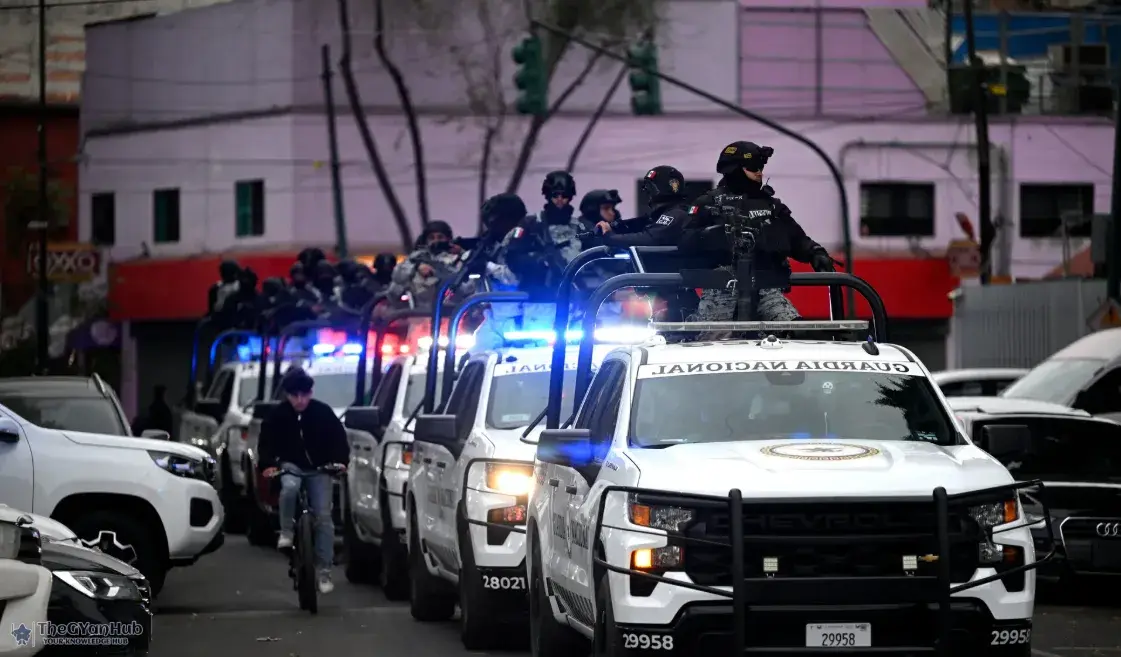
World News
El Mencho Killed: The Fall of Mexico's Most Powerful Drug Cartel
February 23, 2026
The recent killing of Nemesio Rubén Oseguera Cervantes, known as 'El Mencho', has led to significant upheaval in Mexico as the Jalisco New Generation Cartel faces a power vacuum. This article explores the implications of his death on the drug trade and national security.
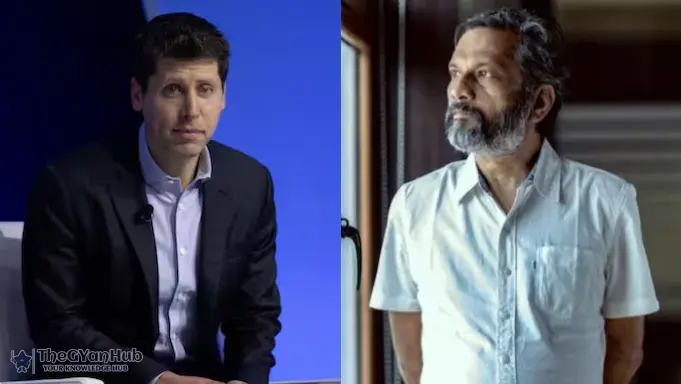
World News
Sam Altman vs. Sridhar Vembu: A Clash on AI and Human Energy Consumption
February 22, 2026
In a recent discussion, Sam Altman compared the energy consumption of AI systems to that of humans, prompting a strong rebuttal from Sridhar Vembu. This article explores their contrasting views on energy efficiency and sustainability.
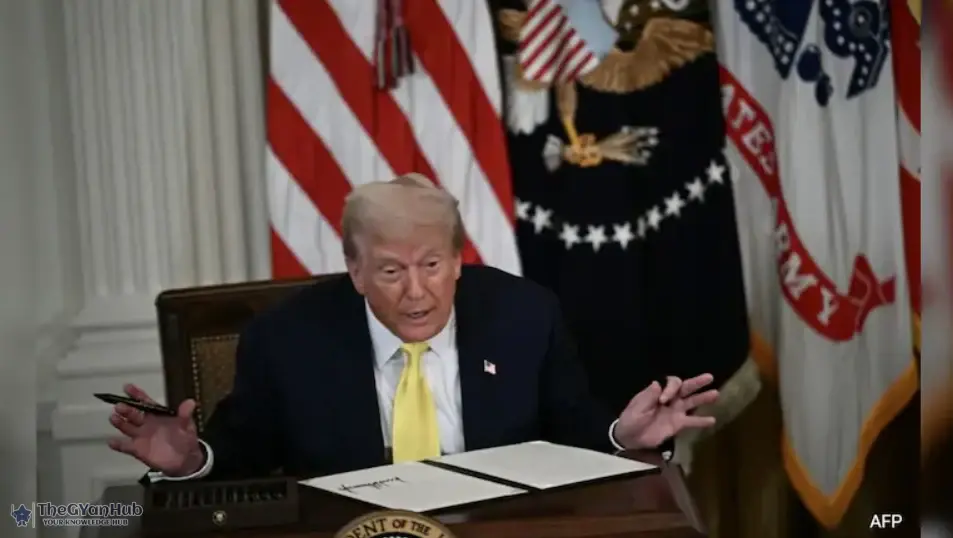
World News
Trump's Loss, India's Gain? How Tariff Order Could Affect Trade Talks
February 20, 2026
The US Supreme Court's decision to strike down Trump's Global Tariffs Policy may have significant implications for India, potentially reshaping trade dynamics. As New Delhi navigates this change, the global trade landscape could see a shift in power.
NepalprotestsGen-Zpolitical unrestChief JusticeArmy Chiefcurfewinterim leadershipgovernment responseyouth movement
